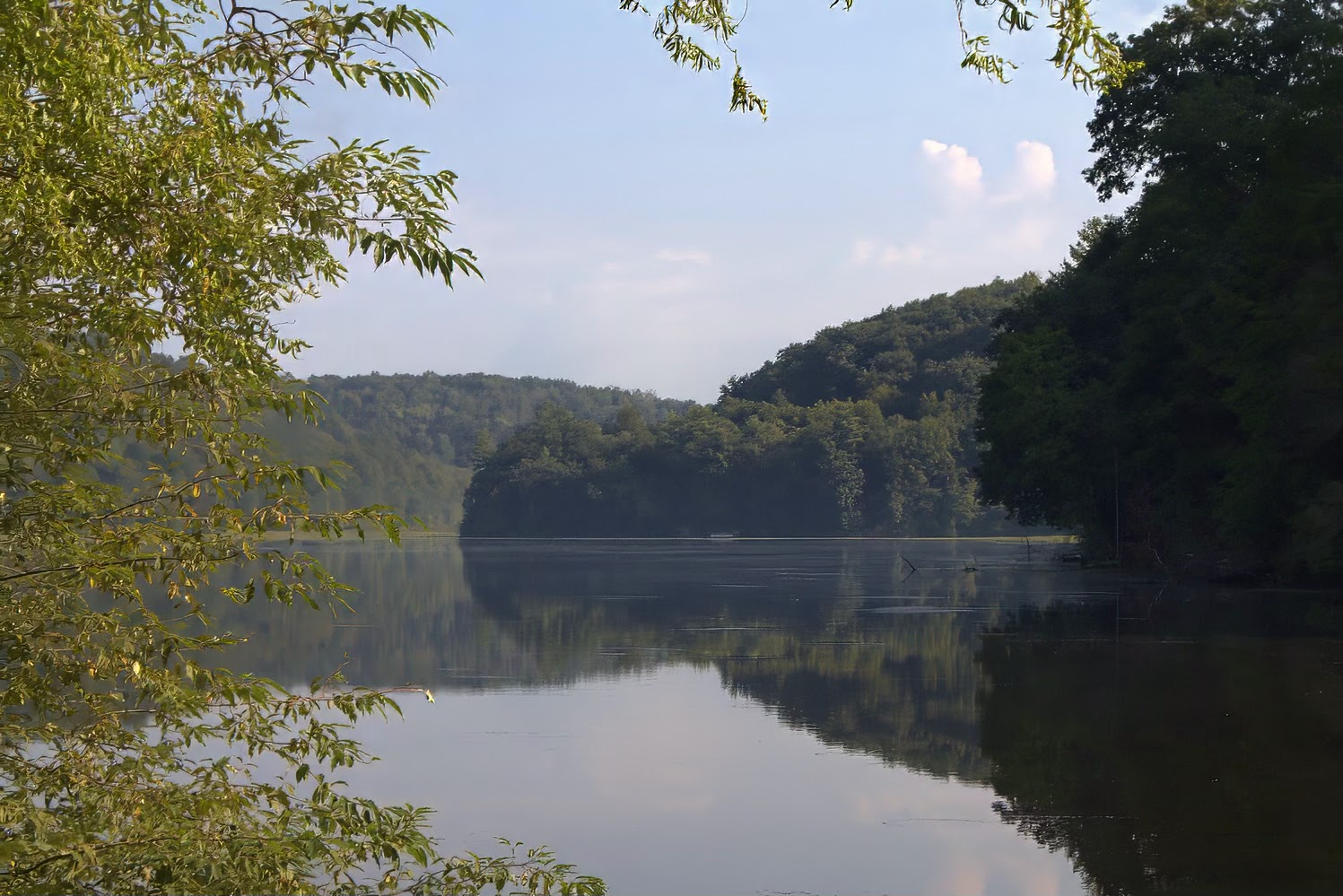The Mission of Beaver Lake Wilderness Club is to preserve Beaver Lake and the surrounding wilderness habitat for the enjoyment of residents and visitors alike. Lake access is limited to deeded members and approved associate members who maintain current dues.
Beaver Lake is a freshwater lake in Muncy Valley, Pennsylvania spanning approximately 89 acres. The lake is fed by Beaver Run with shoring from a privately owned dam. We welcome visitors to enjoy the area while observing rules posted at the lake pavilion and on this site. Kindly respect this is a private community and all residents, members, and visitors must observe the rules and regulations – violators may be lawfully trespassed and/or banned. As a reminder: adherence to Pennsylvania Fish & Boat licensing applies to all waterways, lakes, and rivers in the commonwealth – private and public.
The History of Beaver Lake
On May 1, 1923, The Beaver Lake Company was incorporated under the laws of the State of Delaware as a stock company with 850 shares, 7 percent Participating of the par value of $100.00 each. 150 Shares of Common Stock of the par value of $100.00 each. A hotel was at the base of the lake with a restaurant and large wrap-around porch. Sadly, the hotel no longer stands – but some houses that comprised the original “village” still remain by the lake off Myers Road. Structures built at the turn of the century in the village remind us of a rugged history in Pennsylvania’s industrial timber region.
The winding mountain roads around the lake community (Lakeview Drive and Lakeside Drive) are remnants of the logging paths for timber harvests around the area in the early 1900’s. The Pennsylvania Lumber Museum has a working steam boiler that was originally used in a nearby saw mill in Muncy Valley. It’s worth the visit to Galeton, PA to see this 1889 relic originally manufactured in Williamsport, PA. A working sawmill exhibit with a narrow gauge locomotive are on public display at the museum operated by skilled craftsmen of a bygone era.
Later, in 1985, a sub-division was approved for Penn Township in Lycoming County known as the “Beaver Lake Forest.” The plat sub-division established individual lots for sale along Myers Road, Beaver Run Lane, Spring House Road, Lakeside Drive, Maple Lane, Beech Lane, Beaver Lake Road, and Lakeview Drive. Today, the community organization is known as the Beaver Lake Wilderness Club, Inc. which maintains deed covenants on the private lots to help preserve and maintain the lake and the surrounding forest. Unlike many modern Home Owner Associations, the BLWC works to preserve the natural environment in the community instead of petty limitations for things like lawn ornaments and residential paint colors. Please refer to the bylaws page for more information.
The BLWC subdivision also established a community sewer system managed by the Lycoming County Water & Sewer Authority to ensure all lots have proper sewer waste sanitation and eliminates the need for individual lot septic systems. Each lot has a residential grinder-pump apparatus (owned by resident) which supports the community’s high-pressure sewer network. The wastewater is properly treated at a facility on Beaver Run Lane. Municipal sewer fees are collected by the LCWSA in Montoursville, PA.
Today, you’ll find Beaver Lake is a peaceful, serene community with a thriving lake habitat for fish and water fowl surrounded by a forest full of wildlife such as deer, beavers, black bears, and many other native species. Lycoming County also has the highest annual records of black bears in both quantity and size throughout the commonwealth. This is another reason Beaver Lake is a sporting enthusiasts’ paradise with PA state game-lands in close proximity of the lake.
The FUTURE of Beaver Lake
Efforts are underway to manage the lake and reduce invasive species such as Lilly pads & Watermilfoil. During summer months, the lake has more surface plants which can negatively affect the aesthetics and aquatic species. Learn more about aquatic some of these invasive species at the invasive aquatic species site. The fall and winter temperatures restore the surface when the surface plants die off; however, efforts must be taken to help reduce the organic plant matter accumulating annually at the base of the lake. We are studying efforts of similar lakes in Northern PA and New York, including equipment, tools, and methods that help preserve and restore the lake aesthetics and habitat. Please stay tuned for efforts the BLWC members are taking to help maintain the lake’s natural beauty for all seasons.




